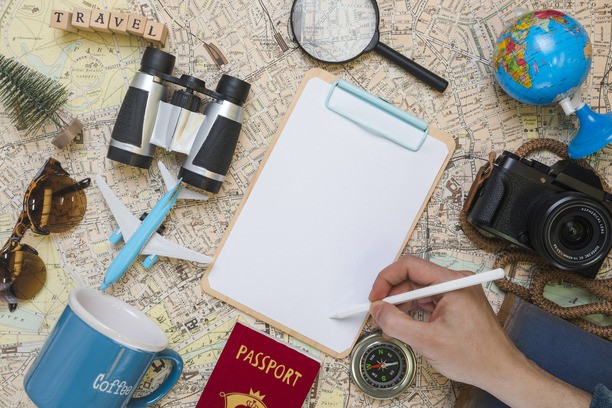

Moving to Canada is an exciting opportunity, but it also comes with many tasks to complete for a smooth transition. Whether you’re arriving as a permanent resident, international student, or worker, following a detailed checklist can help you settle in faster. This guide covers everything you need to do after landing in Canada, from legal documents to daily essentials.
Before leaving your home country, ensure you have the necessary documents in order. Keep them in a safe place and make copies for backup. Key documents include:
One of the first things you should do upon arrival is apply for a Social Insurance Number (SIN). This nine-digit number is essential for working in Canada and accessing government benefits. You can apply for free at a Service Canada office by providing:
Each province and territory in Canada has its own healthcare system. Permanent residents and some work permit holders may qualify for free healthcare but must apply for a provincial health card. Processing times vary, and some provinces require a waiting period. In the meantime, consider getting private health insurance to cover medical expenses.
A Canadian bank account is essential for managing your finances. You’ll need it to receive your salary, pay bills, and build your credit history. Major banks offer newcomer packages with low fees and special benefits. To open an account, you’ll need:
Staying connected is crucial when settling in. Consider getting a Canadian SIM card from providers like Rogers, Bell, or Telus. Prepaid and postpaid plans are available. You should also arrange for home internet if you are renting or buying a place.
You may need temporary accommodation when you first arrive. Options include:
When looking for long-term housing, check sites like Realtor.ca, Kijiji, and Facebook Marketplace. Be prepared to show proof of employment or references when renting.
If you plan to drive in Canada, check whether you can exchange your existing driver’s licence for a Canadian one. Some provinces allow direct swaps, while others require a written and road test. If you don’t drive, get a government-issued ID for identification purposes.
Most major Canadian cities have efficient public transportation systems like buses, subways, and trains. Get a transit card in cities like Toronto (Presto Card), Vancouver (Compass Card), or Montreal (OPUS Card) to save money on fares.
If you have school-aged children, you’ll need to enrol them in a public or private school. Canada provides free public education for children up to high school. Contact the local school board to find a school in your area. Required documents typically include:
If you’re looking for a job, start by updating your resume and cover letter to match Canadian standards. Job search websites like Indeed, Workopolis, and LinkedIn can help. You can also visit local employment centres for job search assistance and interview preparation.
Having a good credit score is important in Canada for renting a home, getting loans, and even securing some jobs. Consider applying for a credit card from your bank to start building credit, but make sure to pay your bills on time.
Canada experiences four distinct seasons, and the weather can vary drastically depending on the province. If you’re arriving in winter, invest in a warm jacket, boots, gloves, and a hat. Summers can be hot, so be prepared for temperature changes.
Depending on your status, you may qualify for certain government benefits such as:
As a resident of Canada, you have legal rights and responsibilities. Familiarize yourself with:
Making connections is important when settling in. Join community centres, newcomer groups, or cultural associations to meet people and build your social network. Many cities offer free programs and services for newcomers, including English and French language classes.
Moving to a new country is challenging, but following this checklist will help you adjust to life in Canada smoothly. Prioritize your legal documents, financial setup, housing, and healthcare to build a strong foundation. Over time, you’ll feel more comfortable in your new home and enjoy the many opportunities Canada has to offer.
If you need support, reach out to settlement agencies like the Immigrant Services Association of Nova Scotia (ISANS), MOSAIC (BC), or YMCA Newcomer Services for free guidance.
In recent years, Canada has faced growing pressure to control immigration levels due to housing
Canada has become an increasingly attractive destination for remote workers seeking a high quality of
Canada is making significant changes to its work permit policies, directly affecting temporary residents seeking
Having an 'Identity Verified' badge or being 'Identity Verified' simply indicates that an individual has submitted information to complete our identity verification process or we have conducted internal verification using various authorized websites. While this process includes safeguards, it does not guarantee that the person is who they claim to be.
If you encounter any issues with this profile, please report them here. While all consultants who are verified have RCIC ID, we may not have the latest data in terms of their renewal/cancellation/discontinuation of their RCIC ID.
The "Verified Consultants" profiles are created using publicly available information, including data from the IRCC website, official consultant sites, other listing platforms, and social media. Immiperts.com is an independent platform, not affiliated with IRCC or any registered immigration consultants. To update, claim, or remove your profile, please contact us at [email protected].
╳